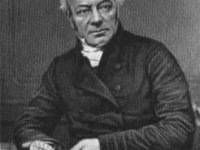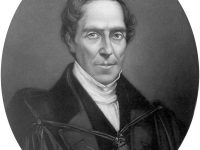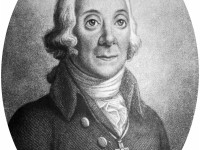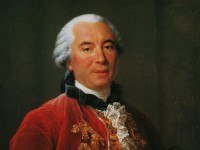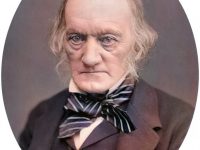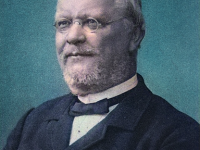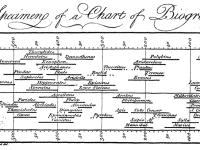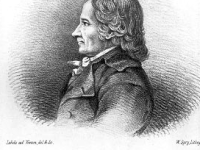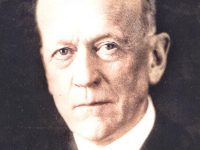William Buckland’s Eccentricities and the Discovery of Megalosaurus
On March 12, 1784, English theologian, geologist and eccentric palaeontologist William Buckland was born, who wrote the first full account of a fossil dinosaur, which he named Megalosaurus. “Geology holds the keys of one of the kingdoms of nature; and it cannot be said that a science which extends our Knowledge, and by consequence our Power, over a third part of nature, holds a low place among intellectual employments.” — William Buckland, as…
Read more

